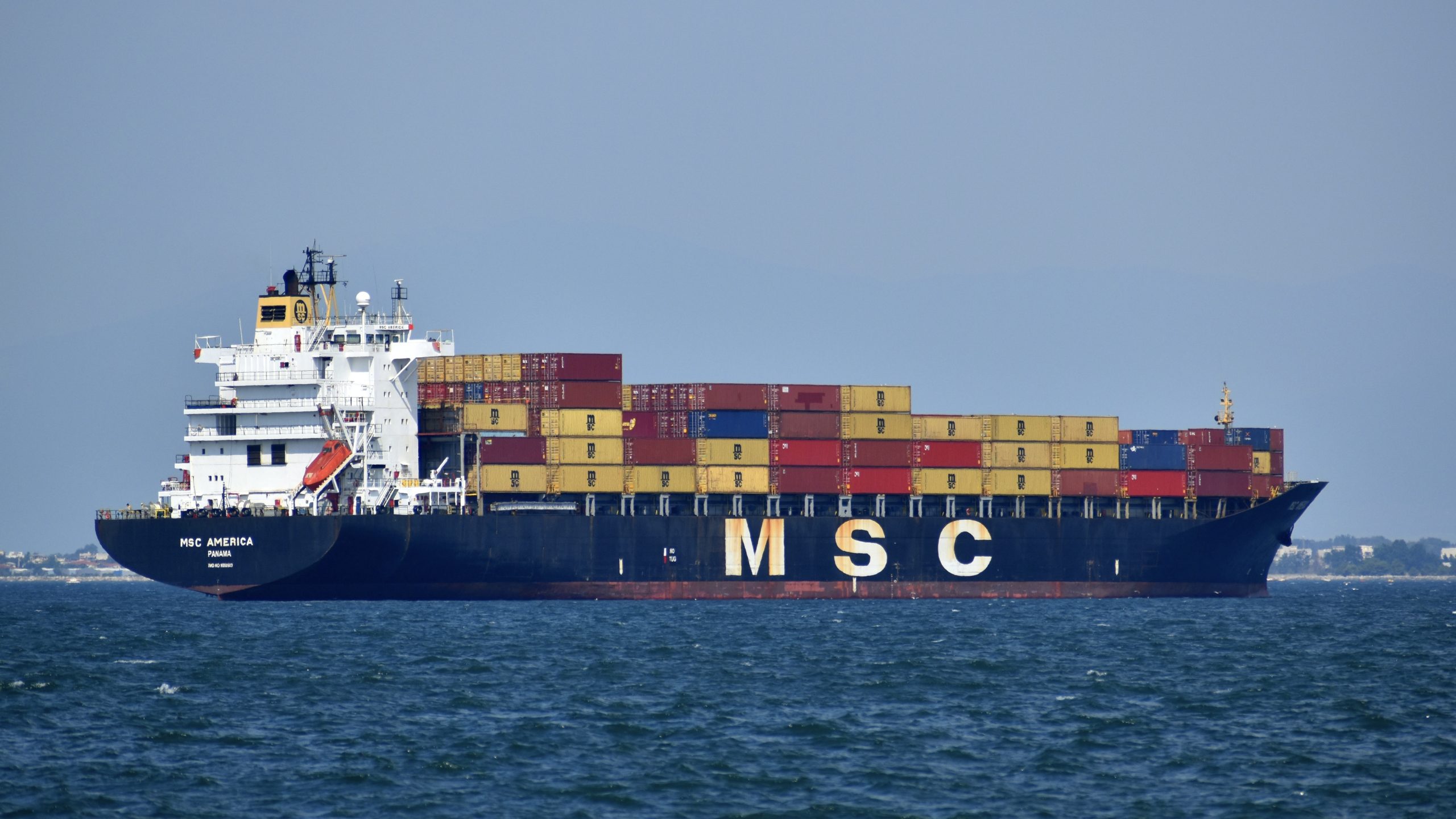Cars, clothes, electronics: Huge numbers of products sold in the U.S. are made overseas and transported on ships that pollute the air and warm the climate.
“Most vessels use heavy fuel oil, which is often described as the sludge at the bottom of the barrel of oil. And it really is. It’s dirty, cheap stuff,” says Ingrid Irigoyen of the Aspen Institute energy and environment program.
She says there’s an urgent need to clean up the shipping industry. But it’s challenging.
Heavy boats traveling thousands of miles are hard to power with batteries.
She says some alternative liquid fuels, such as hydrogen-based fuels, show promise. But developing and deploying them at a large scale will require major investments.
So to help accelerate progress, the Aspen Institute formed the Zero Emission Maritime Buyers Alliance.
Early members — including Amazon and Ikea — are requesting bids for zero-emissions shipping services that can start by 2025.
Their goal is to combine their buying power and assure shipping companies that if they invest in new technology, major businesses will use their services.
“The response I think has been a surge of optimism that maybe we can actually get this done,” Irigoyen says.
Reporting credit: Sarah Kennedy / ChavoBart Digital Media


